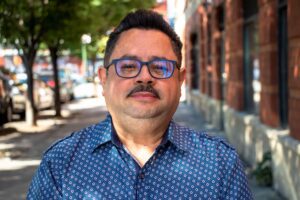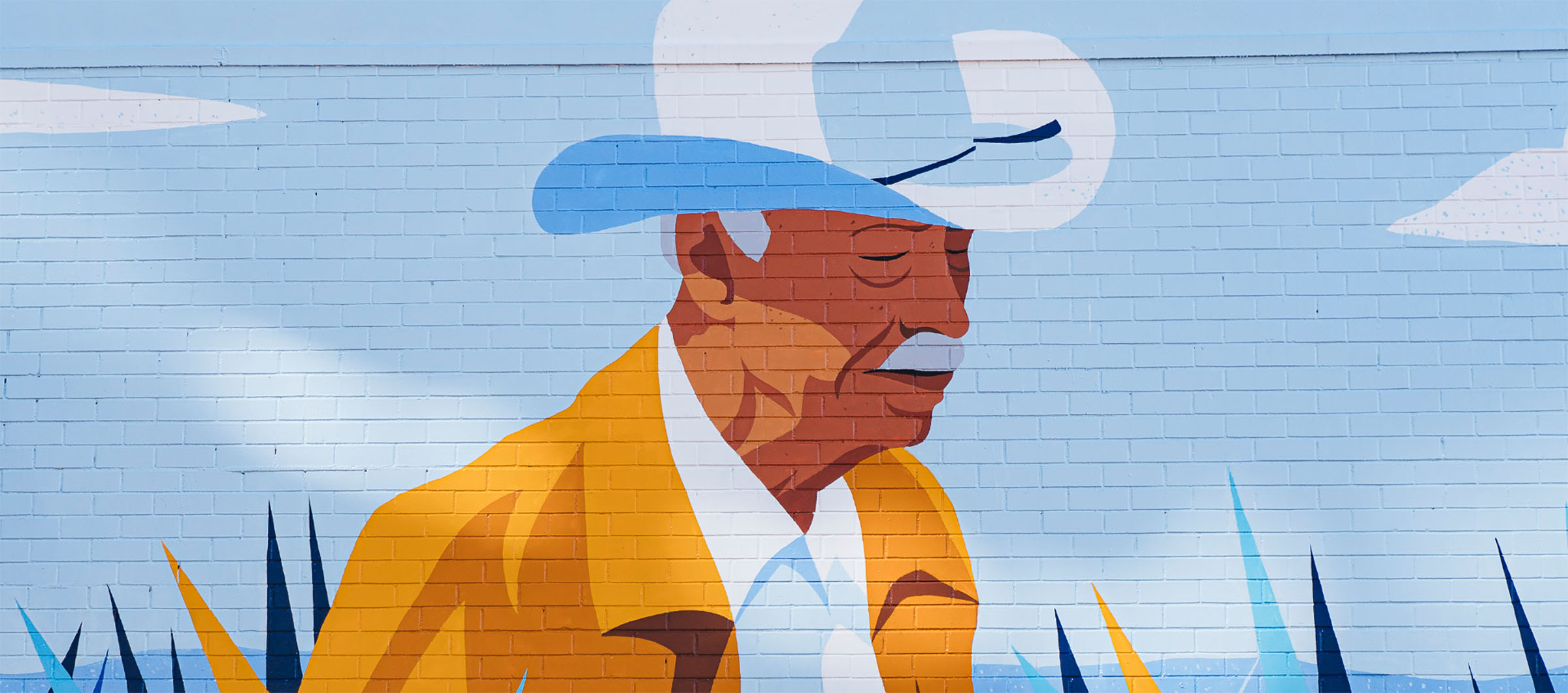
Overview
Taking charge of our health starts with getting the facts on long-lasting health conditions that affect us, our loved ones, and our communities. My Health Matters is a public health project by RiseBoro Community Partnership that brings neighbors together to talk about the most common health conditions in our communities.
Each talk focuses on one long-lasting condition and covers what the condition is, how it affects day-to-day life, and how to manage it. Talks also cover how COVID-19 can affect people with this condition differently and include time for a Q&A session with community health educators.
Check back for details on upcoming talks. No RSVP required.
Watch Our Video/s
DOH RiseBoro Vaccine PSA
BRIC-DOH RiseBoro HealthTalks
Contact Your Community Health Worker
We’re here to help you achieve your physical and mental health goals. Contact us to schedule a one-on-one counseling appointment. We can connect you to helpful resources and work with your doctor to ensure you are getting the best care possible.
[email protected] // 718.416.4592

“My passion is to see people in the community become educated about their health and what’s happening to their body. My job as a community health worker is to direct them to resources they’ll need and empower them so they can advocate for themselves. Health matters to us all, and the information I provide them today will be the tools they need tomorrow.”
[email protected] // 718.919.4453

“I became a community health worker because I want to see our community thrive. I want to be able to connect with our people, inform them, and connect them to all the resources and tools we have available. My goal and passion are to help the community grow and learn so that in the future they have all the tools they need to succeed and thrive.”
[email protected] // 917.993.7241

“As a community health worker, I do my very best to allow my clients to make their own decisions. I’m passionate about serving my clients and community by connecting them to resources that they so desperately need. I’m proud to be the bridge for my clients leading them to resources of endless possibilities.”
COVID-19 Resources
Did you test positive for COVID-19?
Contact your health care provider so they can evaluate you for treatment options. If you do not have a provider, call 212.COVID19 (212.268.4319).
Do you need to schedule a COVID-19 vaccine or booster?
Health Facts
Ten Facts About Long COVID
- Long COVID is defined as persistent symptoms or new symptoms that develop at least four to eight weeks after the initial COVID-19 infection.
- A common symptom is fatigue, which can last for several months.
- It can affect memory and thinking.
- It can affect the quality of your breathing.
- Long COVID can last for up to one year.
- People with long COVID are NOT infectious.
- Anyone can get long COVID, but it is being seen more and more in young people.
- The COVID-19 vaccine can help reduce the severity of some symptoms.
- It is important to tell your doctor if you think you may have long COVID.
- Long COVID does NOT usually require hospitalization.
More information on Long COVID.
Ten Facts About Monkeypox
- Monkeypox is a viral disease. Its symptoms are similar to, but milder than, smallpox.
- People with the monkeypox virus get a rash that may be located on or near the genitals, anus, hands, feet, chest, face, or mouth.
- Other symptoms of a monkeypox infection include fever, chills, swollen lymph nodes, exhaustion, muscle aches, and backache.
- Monkeypox is passed to humans through close contact with an infected person, an infected animal, or objects contaminated with the virus.
- Vaccines that can prevent infection are available. JYNNEOS is the name of one of them.
- Monkeypox is contagious from the time symptoms start until the rash has fully healed and a fresh layer of skin has formed. That takes about two to four weeks.
- Most people who become infected with monkeypox have mild illness. If you have a more severe illness, your doctor can prescribe an antiviral treatment.
- There are two strains of the monkeypox virus: the Central African strain and the West African strain. The West African strain is the one that is currently spreading.
- The current fatality rate among people who become infected with monkeypox is 3-6%.
- Anyone can become infected with monkeypox, although many people who are currently becoming infected identify as men who have sex with other men.
Social Determinants of Health: What You Need to Know
What are Social Determinants of Health?
Social determinants of health are the conditions in the places where people live, grow, age, and work that affect their health and qualify of life.
Addressing social determinants of health improves people’s health and reduces health disparities.
What Role Do Community Health Workers Play?
Community Health Workers inspect homes and environments for conditions that may be affecting your health and quality of life. They also:
- Create connections between communities and health care providers
- Help patients navigate complex health care and social services systems
- Manage care and care transitions
- Reduce social isolation among patients
How Can We Address Social Determinants of Health?
- Our health care system can address broader social and environmental factors that influence physical and mental health.
- Doctors can consider social and environmental factors when meeting with patients, diagnosing health conditions, and developing treatment plans.
- Community Health Workers can continue to inspect homes and environments.
- We can all eliminate the direct cause of the health issue instead of only treating symptoms.
